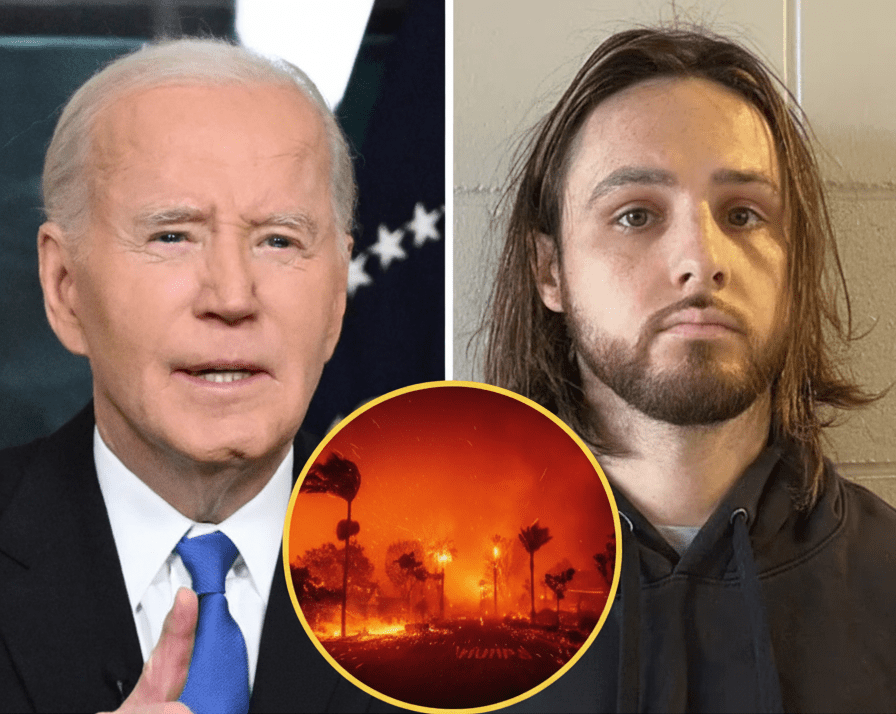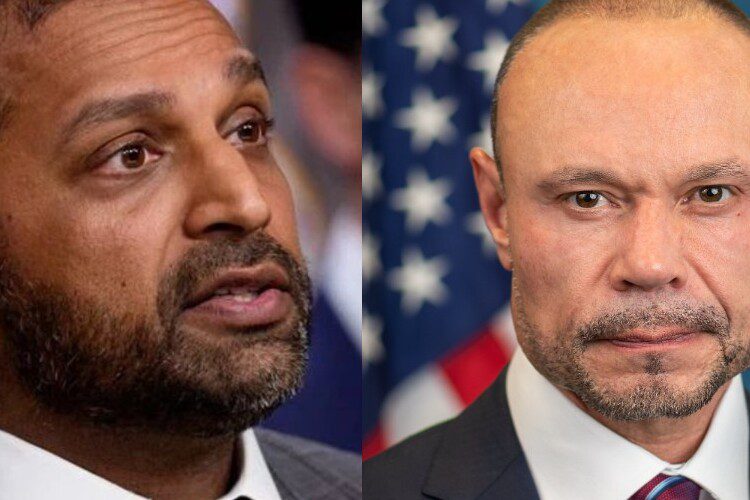Uber Driver Who Donated to Joe Biden Now Accused of Sparking the Most Destructive Wildfire in Los Angeles History
It’s the kind of story that would dominate every headline if the political roles were reversed. A Florida man, accused of setting the most destructive wildfire in Los Angeles history, turns out to be a registered voter who donated to Joe Biden’s 2020 presidential campaign. But while the mainstream media seems careful to tiptoe around that fact, many Americans can’t help but notice the silence that would never have existed if this man had sent even a dollar to Donald Trump.
The suspect, identified as 29-year-old Uber driver Jonathan Rinderknecht, was arrested this week in Florida and charged with setting the Palisades Fire, which claimed 12 lives, burned over 23,000 acres, and destroyed more than 6,800 homes and buildings. Federal investigators say he deliberately lit a brush fire near a hiking trail that later reignited into the inferno that devastated Los Angeles. What’s raised eyebrows across political lines is the discovery that Rinderknecht made two small online donations — totaling just $2 — to Joe Biden’s 2020 campaign through ActBlue, the Democrats’ main fundraising platform.
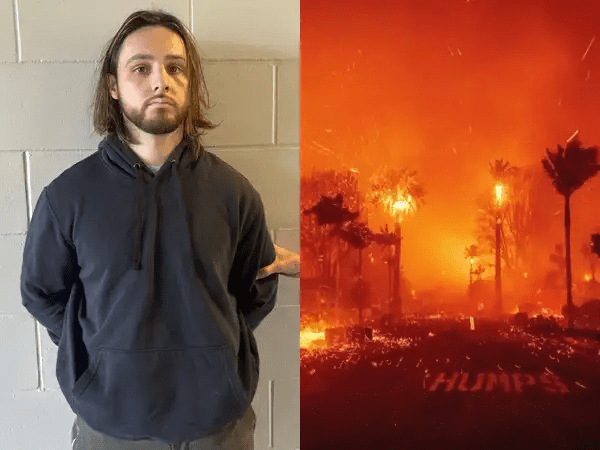
While the contributions themselves were insignificant, the political connection became impossible to ignore. The same outlets that would have called it a “Trump-linked arsonist” story have largely buried that detail deep in their reporting, choosing instead to frame it as a minor footnote. Conservative readers argue it’s yet another example of how media bias works — when a story could embarrass Democrats, the angle suddenly disappears.
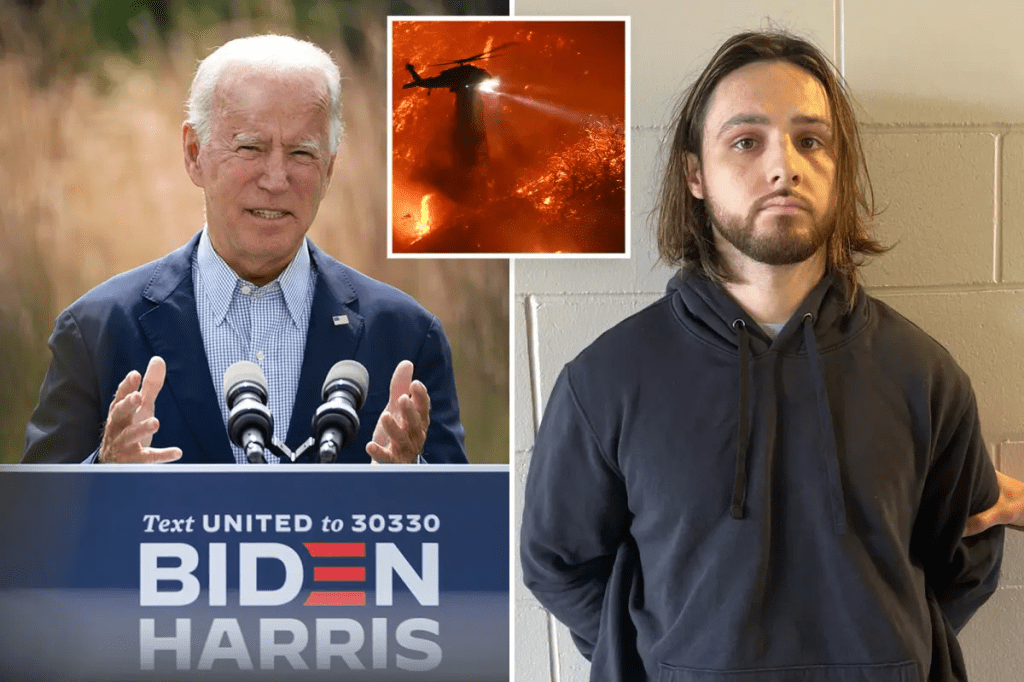
Investigators say Rinderknecht had no previous criminal record but showed troubling online behavior. Reports reveal he allegedly used AI tools like ChatGPT to ask questions about whether a person could be held responsible for fires started accidentally and had even generated artwork showing burning cities before the tragedy occurred. Prosecutors have described his actions as malicious and deliberate, noting that he later lied about his whereabouts.
The connection to Biden may not prove political motivation, but it underscores a deeper frustration many conservatives share — that context is treated differently depending on whose name is involved. During Trump’s presidency, even distant or symbolic ties were magnified, often used to paint broader narratives about “Trump’s America.” Yet now, when the link points in the other direction, the media suddenly remembers restraint.
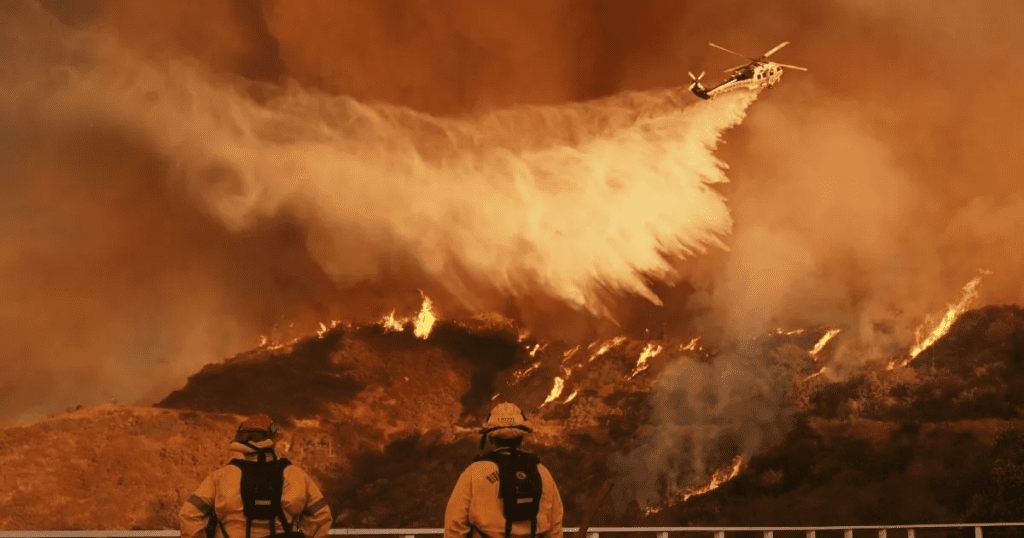
Trump supporters point out that under his administration, wildfires were addressed with strong federal-state cooperation and emphasis on forest management — a policy often mocked by Democrats at the time but now recognized by many experts as crucial. The contrast is striking: while President Biden’s team focuses on climate rhetoric and talking points, real accountability and prevention often seem missing from the conversation.
For residents of Los Angeles, politics matter less than justice. Families who lost everything in the Palisades Fire are still waiting for closure, still haunted by the night skies that turned red. But for millions of Americans watching from afar, the story carries a second burn — one that reveals how narratives shift depending on who’s connected to them.
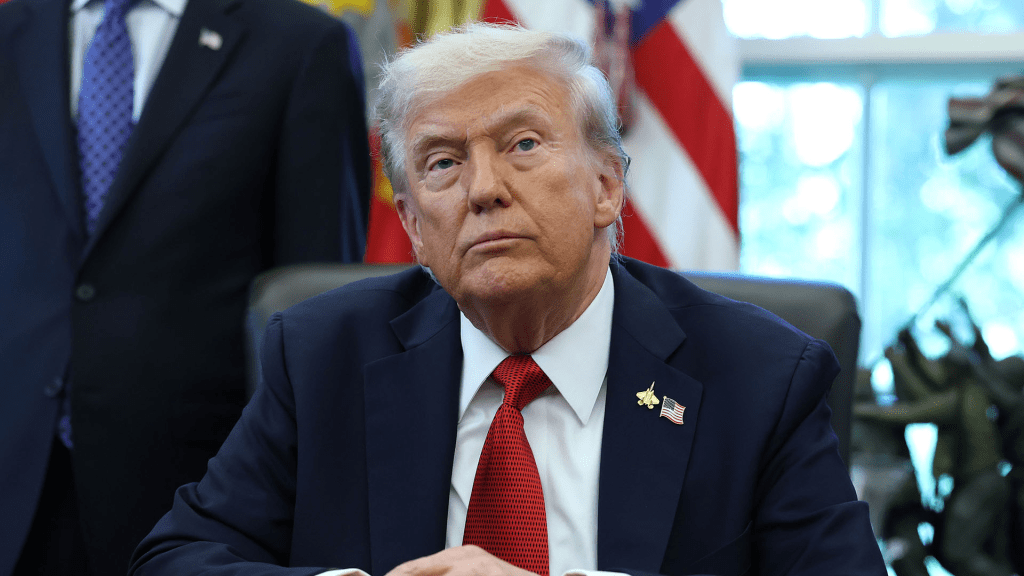
If a Trump donor had been accused of the same crime, the headlines would have written themselves. There would have been endless panel discussions about radicalization, political extremism, and moral decay. Instead, with a Biden supporter in the spotlight, the national conversation has been eerily quiet.
As Rinderknecht faces federal charges that could bring decades in prison, the public is once again reminded how selective outrage can be. The victims of this fire deserve truth, not spin. And Americans deserve a press that applies the same standard to everyone — whether their name is Biden or Trump.

In the end, the case of Jonathan Rinderknecht is not just about an arsonist or a wildfire. It’s a small but telling symbol of how far America’s media culture has drifted from fairness. One man’s actions should never define a movement — but one nation’s silence often defines its hypocrisy.
